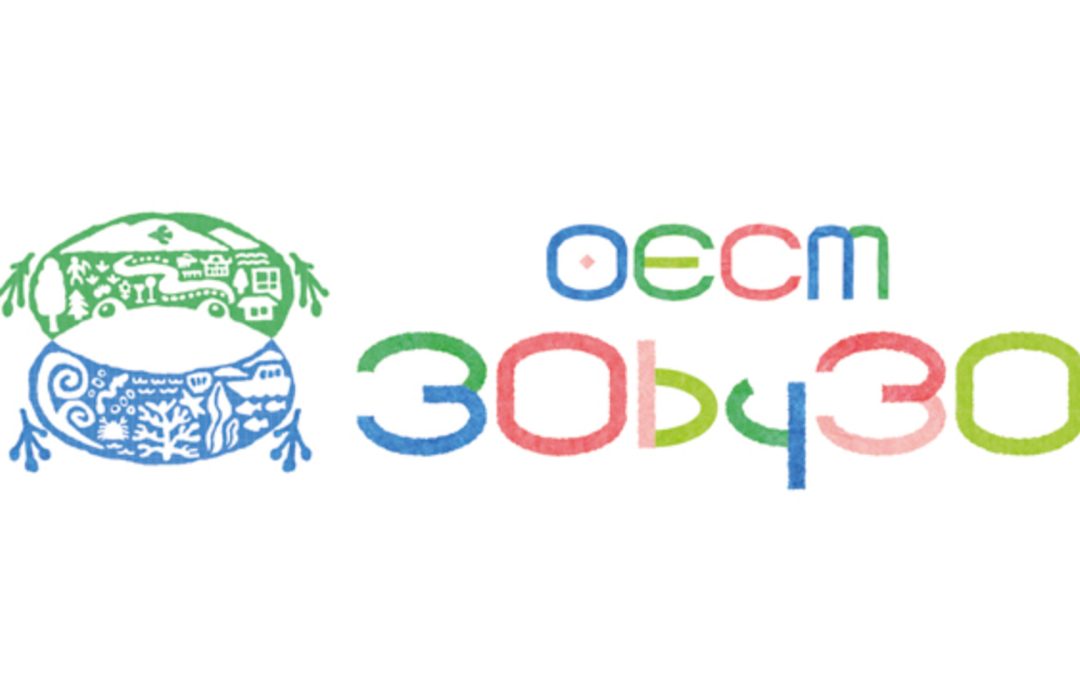
Seiko Epson Corporation has announced that the Science Based Targets initiative (SBTi)*1 has approved Epson’s global greenhouse gas (GHG) reduction targets.
SBTi recognised Epson’s targets as being science-based and in line with keeping a global temperature rise this century to well below 2 degrees Celsius, a central aim of the Paris Agreement.
Climate change and global warming are serious issues for society, states the OEM, and Epson says it is helping to work toward a solution.
The OEM commented, “We have articulated our long-term goals in “Environmental Vision 2050” and are actively working to reduce the environmental footprint of our products and business activities across the value chain by drawing on the strength of our efficient, compact, and precision technologies. In September of this year, Epson developed two new targets (see below) to combat climate change and submitted them to the SBTi for validation and approval.”
The approved targets (baseline year: fiscal year ended 31 March 2018) are as follows:
- Reduce scopes 1 and 2 GHG emissions by 19 percent by the 2025 fiscal year.
- Reduce scope 3 (categories 1 and 11)*2GHG emissions as a percentage of value added by 44 percent by the 2025 fiscal year.
Epson’s stated goal is to be an indispensable company, says the company; one that is committed to openness, customer satisfaction and sustainability.
The OEM continues, “We tackle customer needs, address societal challenges, and create unique environmental value through our business activities with the aim of achieving the Sustainable Development Goals (SDGs) of the United Nations and of creating a better and more sustainable future.”
*1 A joint initiative of the CDP, United Nations Global Compact (UNGC), World Resources Institute (WRI), and World Wide Fund for Nature (WWF). The goal of the SBTi is to promote the achievement of science-based decarbonisation targets required to keep global temperature increase to well below 2 degrees compared to preindustrial temperatures.
*2 The GHG Protocol (internationally recognised standards for accounting and reporting greenhouse gas emissions) defines three scopes for accounting for greenhouse gas emissions:
Scope 1: Direct emissions from sources that are owned or controlled by the organisation
Scope 2: Indirect emissions from the consumption of purchased sources of energy
Scope 3: Emissions from an organisation’s value chain
Category 1: Purchased goods and services
Category 11: Use of sold products




















